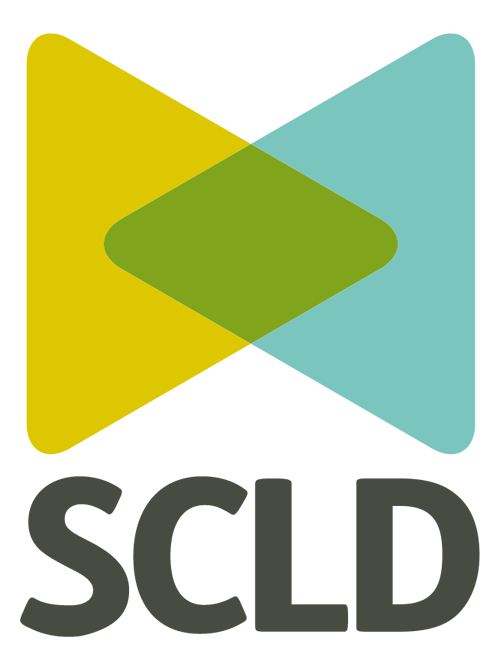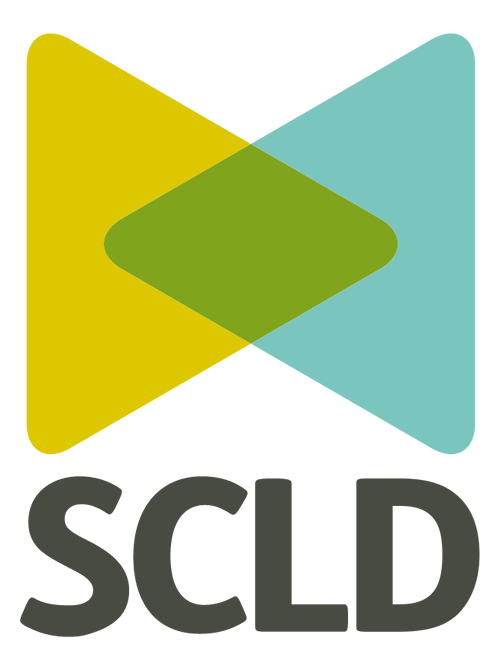
Data matters: The impact of hate crime on people with learning disabilities in Scotland
Following SCLD highlighting the need for disaggregation of disability hate crime data in Scotland, we are now beginning to gain a greater understanding of the prejudice facing people with learning disabilities in their communities. In this blog, SCLD’s Human Rights Adviser, Oonagh Brown, discusses why this development in data disaggregation is important and what we need to do next to tackle hate crimes against people with learning disabilities.
People with learning disabilities who have experienced hate crime often tell us, they just want to teach people how to be kind.
This is a reasonable request and one every person who has experienced hate crime in Scotland should expect – for prejudice and hate crime to be challenged.
However, as Nick Watson pointed out in his blog earlier this week, challenging hate crime in our communities requires sustained effort and resources. This prompts me to question – how can we make this community development approach a reality?
A critical step towards achieving this is understanding the scale of prejudice against people with learning disabilities in our communities. Recently we have seen significant strides forward in this area as a result of both Article 14 and 15 Hate Crime and Public Order (Scotland) Act (2021) , which commit to the publication of figures on learning disability aggravated hate crime in Scotland.
The most recent data publication shows that in over half[i] of disability aggravated hate crimes, the perpetrator showed prejudice towards those with a learning disability (59%). This amounts to 130 incidences of hate crime recorded by the police in 2018-19. To be clear, showing prejudice towards people with learning disabilities includes the use of offensive slurs, which we know many people with learning disabilities continue to hear throughout their lives.
The most recent data publication shows that in over half of disability aggravated hate crimes, the perpetrator showed prejudice towards those with a learning disability
It is important that we now know this figure because it highlights the extent of the problem and allows us to question how the new Hate Crime Strategy, which the Scottish Government has committed to publishing by 2022, will address this issue.
In doing this we must remember that this figure could be a considerable underestimate of the scale of the issue, given the barriers to reporting these types of crimes.
Given the most recent data findings, SCLD would suggest that the Hate Crime Strategy needs to consider a range of issues. This should include, how we embed learning disability awareness in Scottish schools and an examination of how the media contributes to a systemic devaluing of people with learning disabilities.
In particular, we believe the media’s role in contributing to prejudice against people with learning disabilities requires further attention. This has never been more clearly illustrated than during the COVID-19 pandemic in which we were told that the pandemic would ‘only impact the vulnerable’. There is no doubt this significantly undermines the lives and value of people with learning disabilities who are three times more likely to die in Scotland of COVID-19 than the rest of the population.
130 hate crimes in Scotland between 2018 and 2019 in which learning disability was an aggravating factor, is far too high, but knowing this figure empowers people with learning disabilities. It allows them, and those who work alongside them, to highlight what needs to change to address this issue.
However, data alone is never enough. We now need to act on what we know, to make sure the new Hate Crime Strategy enables communities to take action against hate crime through long term engagement, education and information to combat negative and prejudiced attitudes. This will require widescale support from the media, who we believe have a significant role to play in challenging prejudice in Scotland and beyond.
Oonagh Brown
Human Rights Adviser
Scottish Commission for People with Learning Disabilities
Find out more
For more information on the importance of data disaggregation please see the Fraser of Allander Institute’s report: Scotland’s invisible people: Support and opportunities for adults with learning disabilities
For SCLDs position statement on data disaggregation please see: Building back with better data: The importance of collecting and recording appropriate data on people with learning disabilities in Scotland
For tools on improving community inclusion of people with learning disabilities see SCLD’s Active, Connected and Included resources.
[i] In Characteristics of police recorded hate crime in Scotland: study, data showed that in 59% of disability-aggravated incidents of hate crime, the perpetrator showed prejudice against a person/people with a learning disability (Scottish Government: 2021).


